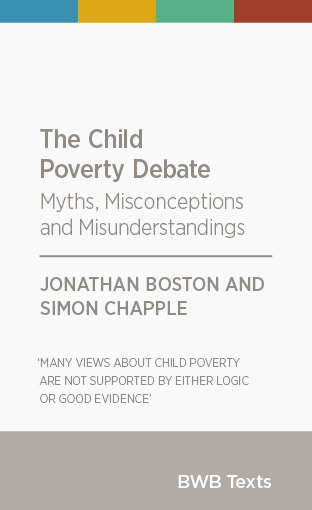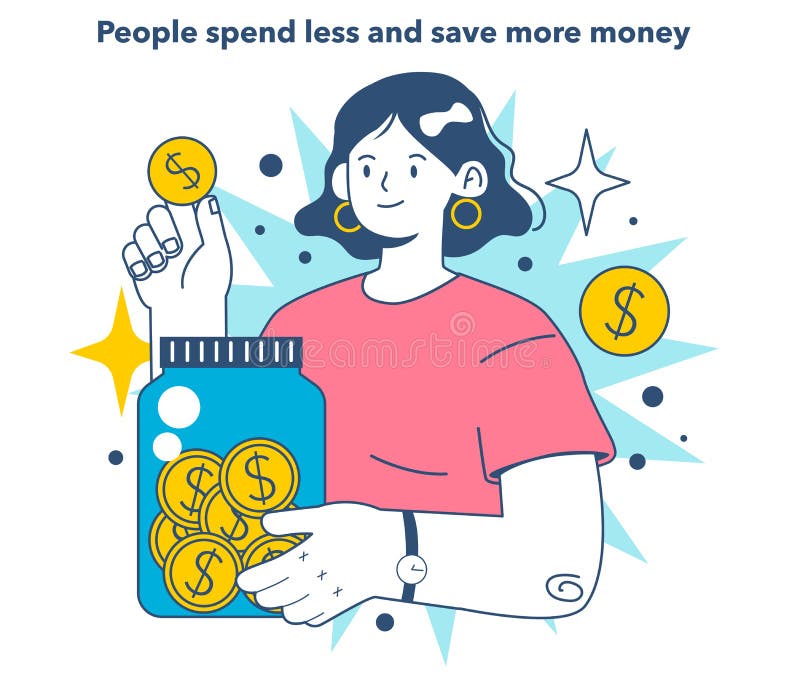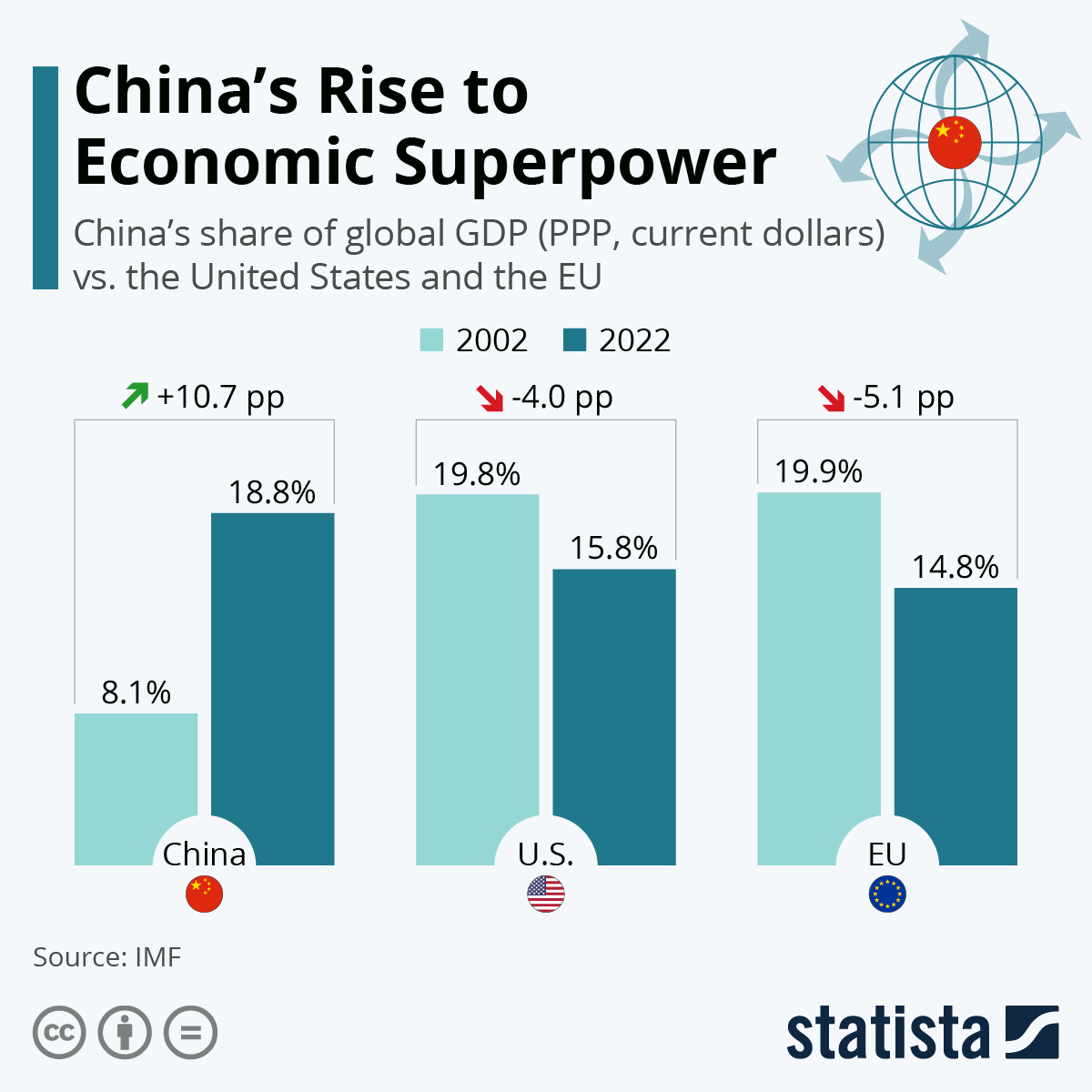The Musk-Gates Dispute: A Public Debate On Child Poverty And Its Impact

Table of Contents
Contrasting Philanthropic Approaches to Child Poverty
The Musk-Gates debate reveals fundamentally different philosophies on tackling child poverty. While both are undeniably influential figures with significant resources, their approaches diverge considerably.
Elon Musk's Focus on Technological Solutions
Musk's philanthropic efforts are characterized by a long-term, technology-focused approach. He believes that innovation is the key to solving large-scale problems, including poverty. Instead of direct charitable giving, he emphasizes creating sustainable solutions that can improve the lives of people globally.
- Emphasis on innovation and long-term solutions: Musk's investments in SpaceX and Tesla are viewed by some as indirect but impactful methods of poverty alleviation.
- Investment in space exploration and sustainable energy: SpaceX aims to colonize Mars, which, while seemingly unrelated, some argue is essential for long-term human survival and resource allocation, indirectly helping to address future scarcity and conflict which are drivers of poverty. Tesla’s focus on electric vehicles and sustainable energy infrastructure can create jobs and reduce pollution, contributing to a healthier environment and potentially fostering economic growth in impoverished communities.
- Examples: The creation of high-paying jobs in the aerospace and clean energy sectors through SpaceX and Tesla, respectively, can contribute to economic upliftment, thus indirectly impacting poverty levels.
- Criticism: A common criticism is Musk's perceived lack of direct engagement with immediate poverty relief efforts. Critics argue that while his long-term vision is ambitious, it doesn't address the urgent needs of children facing hunger, lack of healthcare, and inadequate education today.
Bill Gates' Targeted Approach to Child Poverty Relief
In contrast to Musk's approach, Bill Gates, through the Bill & Melinda Gates Foundation, has adopted a more targeted strategy focused on immediate and measurable impact. The foundation's work directly addresses the pressing needs of impoverished children worldwide.
- Focus on direct aid, health initiatives, and educational programs: The Gates Foundation's interventions directly combat the immediate causes of child poverty, such as disease, malnutrition, and lack of access to quality education.
- The Bill & Melinda Gates Foundation's extensive work in global health and development: This includes substantial investments in vaccine development and distribution, malaria eradication programs, improved sanitation, and initiatives focused on improving access to clean water and food security.
- Examples: The Gates Foundation's contributions to the Global Fund to Fight AIDS, Tuberculosis and Malaria have saved millions of lives and prevented countless cases of debilitating illness among children. Their investments in education have improved literacy rates and access to schooling in numerous developing countries.
- Criticism: Some critics argue that large-scale aid programs can be inefficient, unsustainable, or even counterproductive in certain contexts. Concerns about bureaucratic inefficiencies and the potential for aid dependency are frequently raised.
The Scope and Impact of Child Poverty
Understanding the magnitude and consequences of child poverty is crucial to developing effective solutions.
Global Statistics and Prevalence
Child poverty is a global crisis affecting millions of children. According to UNICEF, hundreds of millions of children live in extreme poverty, lacking access to basic necessities like food, shelter, and healthcare. The prevalence of child poverty varies significantly across regions, with sub-Saharan Africa and South Asia bearing the heaviest burden. Several factors contribute to this disparity, including:
- Conflict and instability: Wars and civil unrest disrupt economies, displace populations, and destroy infrastructure, exacerbating poverty.
- Inequality and discrimination: Systemic inequalities based on gender, ethnicity, and other factors can trap entire communities in cycles of poverty.
- Climate change: Extreme weather events, droughts, and floods disproportionately affect vulnerable populations, deepening poverty and food insecurity.
Reliable data sources like the World Bank and UNICEF provide detailed statistics and analysis on the global prevalence of child poverty and its underlying causes.
The Long-Term Consequences of Child Poverty
The effects of child poverty extend far beyond immediate deprivation. Children living in poverty face significantly diminished life chances.
- Impact on education and future opportunities: Lack of access to quality education limits children's potential, reducing their earning capacity and perpetuating the cycle of poverty. Malnutrition and health problems can also impact cognitive development and school attendance.
- Health implications (malnutrition, lack of healthcare access): Malnutrition during childhood has devastating consequences for physical and cognitive development, increasing susceptibility to illness and reducing life expectancy. Lack of access to healthcare further exacerbates these problems.
- Increased risk of violence, crime, and social instability: Poverty creates environments conducive to violence, crime, and social unrest. Children living in poverty are more likely to be victims or perpetrators of violence.
- Intergenerational cycles of poverty: Poverty often becomes a self-perpetuating cycle, transmitted from one generation to the next.
The Public Debate and its Significance
The public exchange between Musk and Gates, although initially a disagreement on approaches, has significantly increased public awareness of child poverty.
Analyzing Public Statements and Reactions
While specific statements need to be referenced from verifiable sources (news articles, interviews, etc.), the essence is a contrast between long-term technological solutions versus immediate direct aid. Public reaction has generally been mixed, with some praising each individual's unique approach and others criticizing the perceived limitations or shortcomings. The debate has generated significant media attention, raising public awareness of the issue and the complexity of finding solutions.
The Role of Public Figures in Addressing Social Issues
Public figures like Musk and Gates have significant influence, and their engagement with social issues like child poverty is crucial.
- The power of celebrity influence in raising awareness and driving change: High-profile individuals can leverage their platform to raise awareness and encourage action.
- The importance of responsible communication and evidence-based arguments: It's critical that public figures base their statements on accurate information and engage in respectful dialogue.
- Discussion of the ethical responsibilities of wealthy individuals in contributing to poverty alleviation: The debate highlights the ethical obligations of wealthy individuals to contribute to social causes and alleviate suffering.
Conclusion
The Musk-Gates debate, though seemingly a clash of personalities, has inadvertently focused global attention on the urgent issue of child poverty. While their approaches differ, both acknowledge the problem's magnitude and the need for comprehensive solutions. Understanding the contrasting viewpoints and the far-reaching impact of child poverty is critical to fostering informed discussions and effective strategies. The conversation must continue, moving beyond the public spat to focus on collaborative solutions that combine both technological innovation and targeted aid to effectively combat child poverty and build a more equitable future for all children. Let's work together to eradicate child poverty and create a world where every child has the opportunity to thrive.

Featured Posts
-
 Attaques Contre Des Prisons La Visite Ministerielle En Isere Critiquee
May 30, 2025
Attaques Contre Des Prisons La Visite Ministerielle En Isere Critiquee
May 30, 2025 -
 Valley High School Welcomes New Principal West Des Moines School Board Announcement
May 30, 2025
Valley High School Welcomes New Principal West Des Moines School Board Announcement
May 30, 2025 -
 Memilih Kawasaki W175 Cafe Panduan Membeli Motor Retro Klasik
May 30, 2025
Memilih Kawasaki W175 Cafe Panduan Membeli Motor Retro Klasik
May 30, 2025 -
 Home And Garden Show Realtors Return To State Fair Park
May 30, 2025
Home And Garden Show Realtors Return To State Fair Park
May 30, 2025 -
 Gorillaz To Celebrate Anniversary With House Of Kong Concerts
May 30, 2025
Gorillaz To Celebrate Anniversary With House Of Kong Concerts
May 30, 2025
Latest Posts
-
 The Us Military Industrial Complex Decline And The Implications For Global Security
May 31, 2025
The Us Military Industrial Complex Decline And The Implications For Global Security
May 31, 2025 -
 Chinas Military Buildup A Comparison With Americas Weakening Forces
May 31, 2025
Chinas Military Buildup A Comparison With Americas Weakening Forces
May 31, 2025 -
 Americas Military Decline Chinas Rise And The Shifting Global Power Balance
May 31, 2025
Americas Military Decline Chinas Rise And The Shifting Global Power Balance
May 31, 2025 -
 Months Long Persistence Of Toxic Chemicals In Buildings Near Ohio Derailment Site
May 31, 2025
Months Long Persistence Of Toxic Chemicals In Buildings Near Ohio Derailment Site
May 31, 2025 -
 Ohio Train Derailment Toxic Chemical Residue In Buildings After Months
May 31, 2025
Ohio Train Derailment Toxic Chemical Residue In Buildings After Months
May 31, 2025
